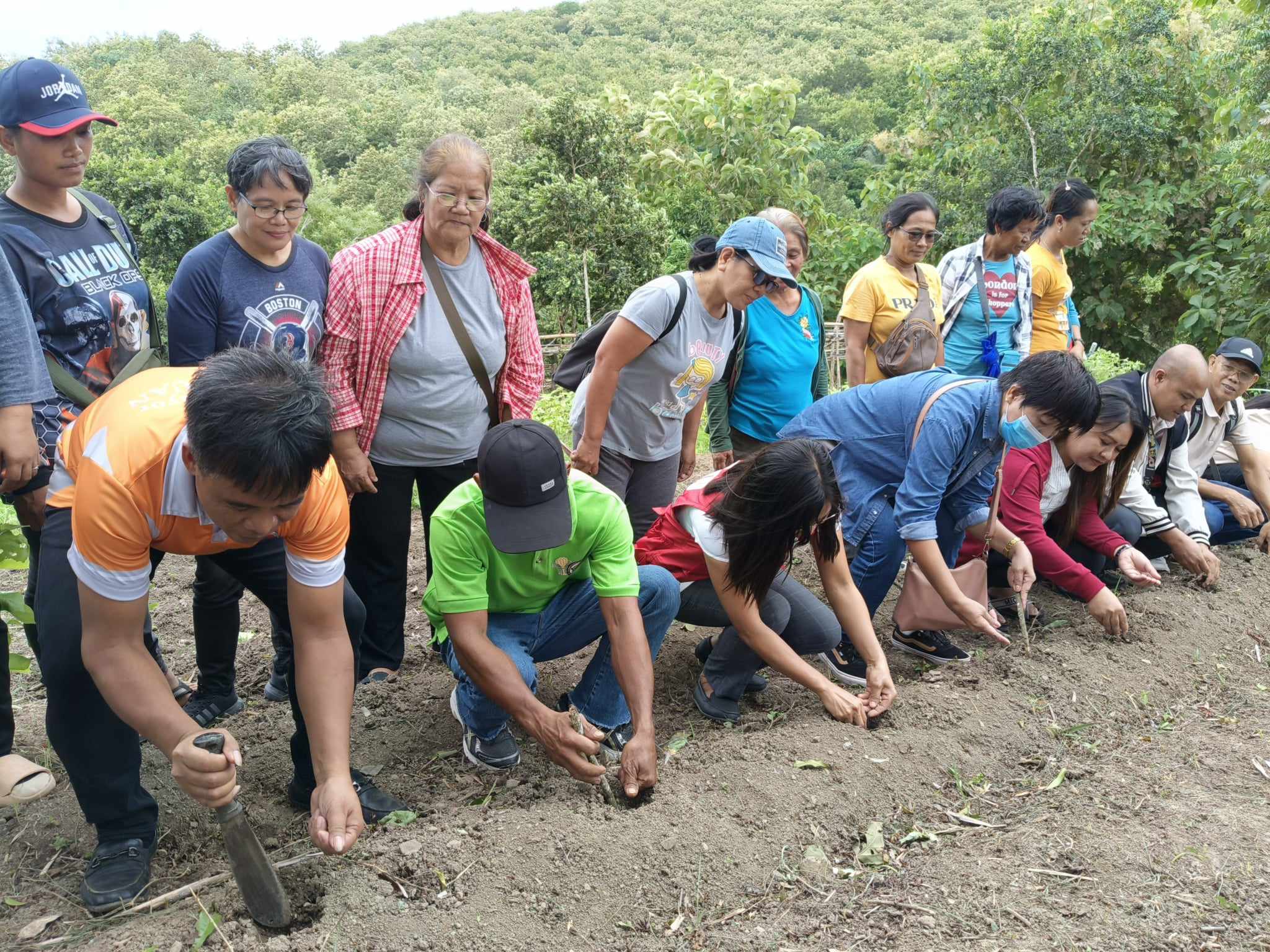
By Brian Campued
The United Nations Office for Disaster Risk Reduction (UNDRR) has lauded the Department of Social Welfare and Development’s (DSWD) Projects LAWA and BINHI for their invaluable contribution to climate resilience initiatives.
Project LAWA stands for Local Adaptation to Water Access, while BINHI stands for Breaking Insufficiency through Nutritious Harvest for the Impoverished. Both are designed to maintain agricultural productivity during dry periods and to manage excess water during times of heavy rainfall due to La Niña.
According to the DSWD spokesperson, Assistant Secretary for Disaster Response Management Group (DRMG) Irene Dumlao, UN’s Assistant Secretary-General Reena Ghelani cited the agency’s projects as “among the best practices in response to the prevalent issues related to climate crisis and El Niño.”
In a LinkedIn post, Ghelani said Project LAWA has “developed as a sustainable solution to water scarcity caused by the El Niño drought.”
The UN executive noted that Project LAWA “was the first of its kind” and built on the success of previous cash-for-work programs by the Philippine government, which was also cited for addressing scarcity in nutrition and food security.
“The project provided temporary employment and empowered disadvantaged communities to build small farm reservoirs to ensure access to water for irrigation,” Ghelani added.
The UN official also praised Project BINHI for utilizing water irrigation systems to operate vegetable gardens and plant climate-resilient crops.
The DSWD assured that under the leadership of Sec. Rex Gatchalian, the agency will continue to implement Projects LAWA and BINHI and equip vulnerable communities toward climate and disaster resilience.
“On behalf of the entire DSWD community, we appreciate your favorable remarks on our project. What makes this extra special for us is it is from someone who has traveled the world—one who has witnessed competitive climate change responsive mechanisms,” Dumlao said. —iro
